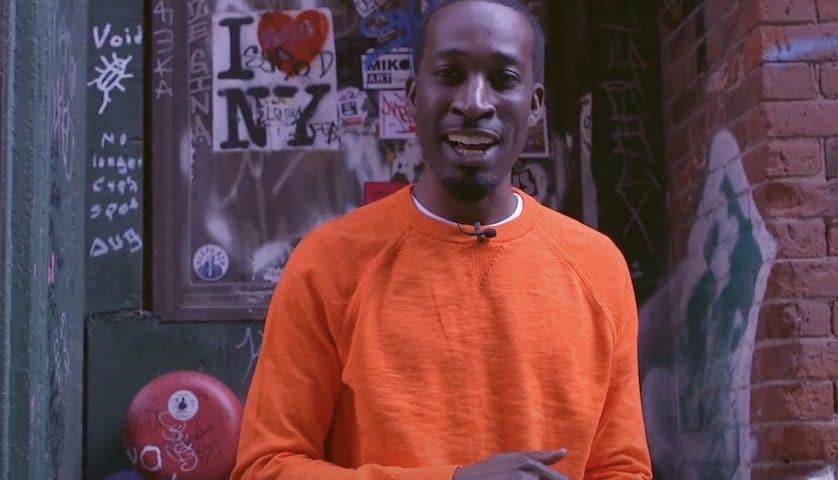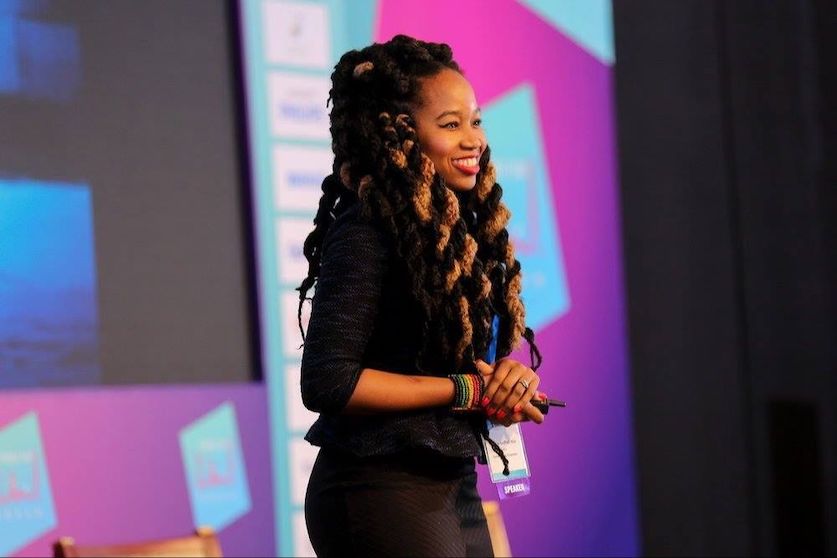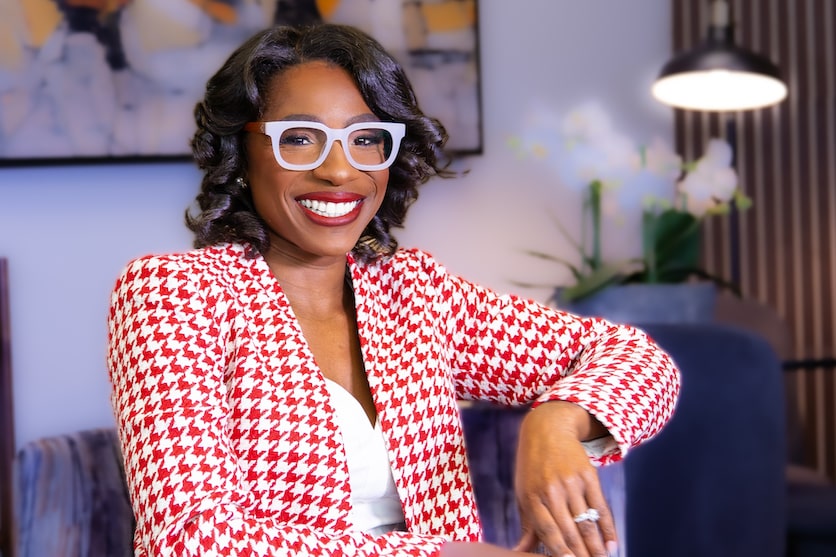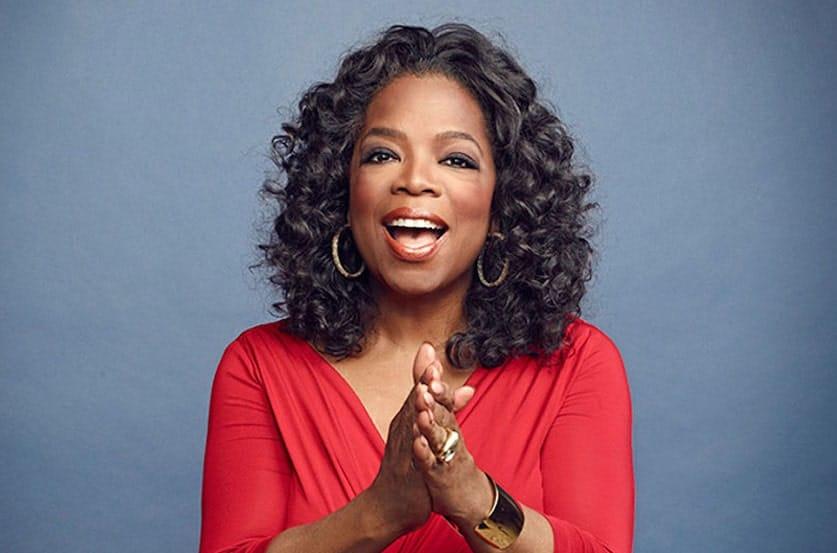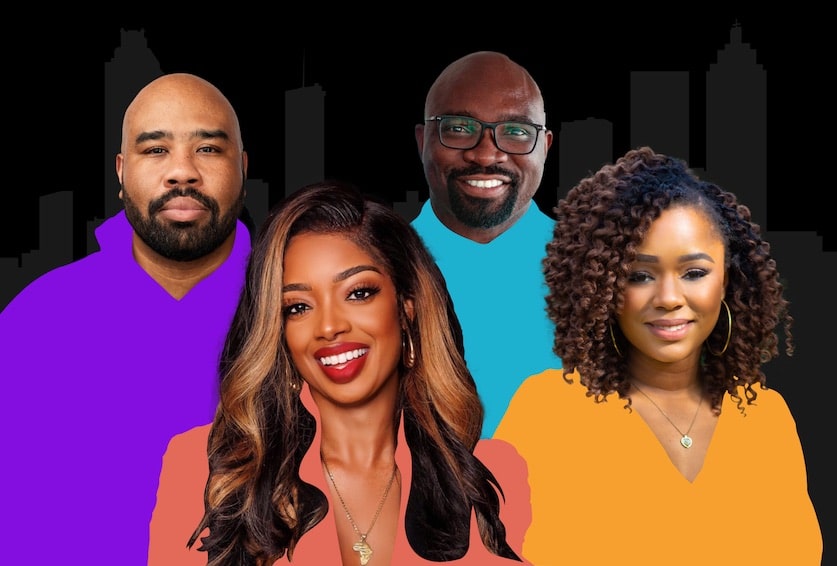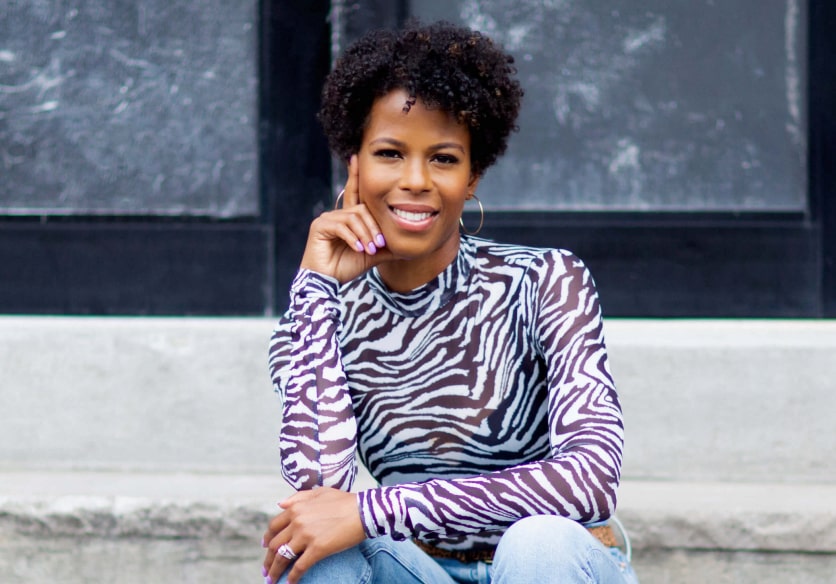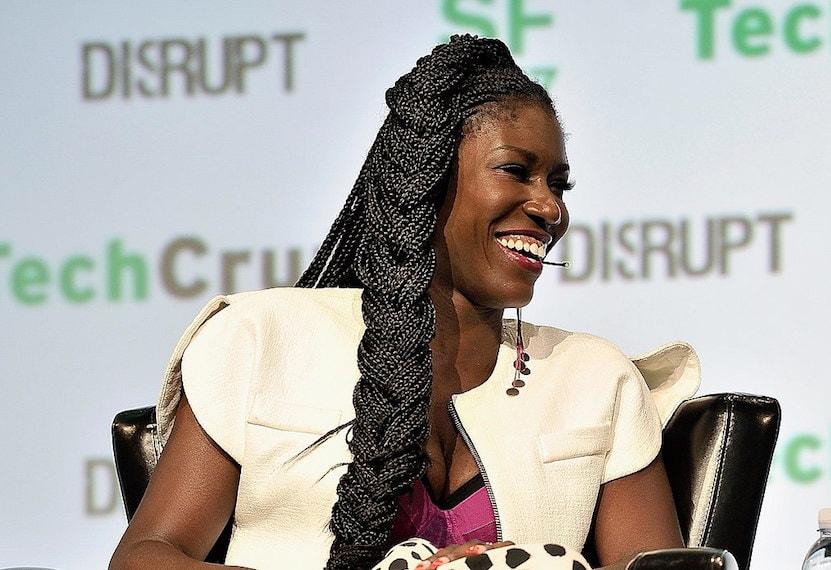
Bozoma Saint John Lands CMO Role at Netflix, Leaves Endeavor
June 30, 2020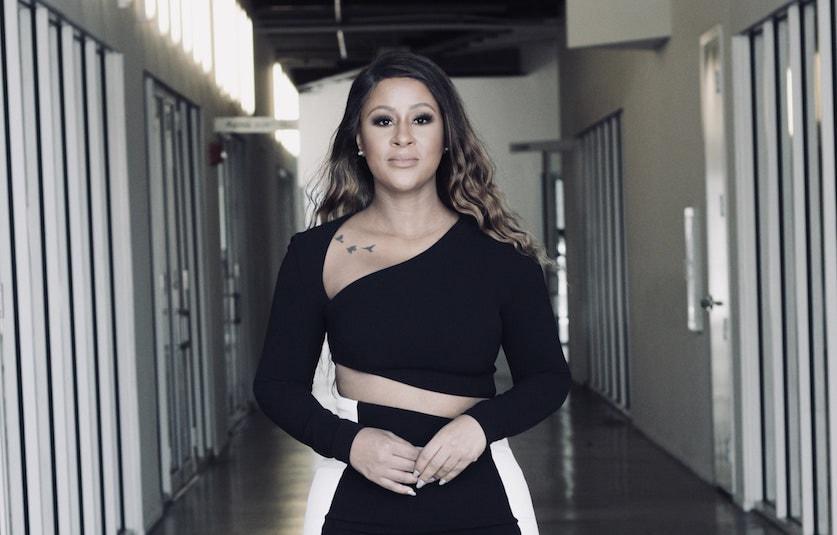
Angela Benton’s Streamlytics Raises $1M In Equity Crowdfunding in Just 7 Days
July 6, 2020The largest Black-owned hair care and beauty e-commerce platform in the U.S. has launched a new business model to re-circulate Black dollars in the community.
Salim Holder, 38, co-founder and CEO of 4th Ave Market, says the online platform has diversified its offerings with a revenue share program called Assembly. It has been build off a previously created database of over 30,000 barbers, stylists, and salon owners across the country.
According to the website, affiliates will earn “commissions on successful referrals.” The Assembly is free to join and the site offers links, coupon codes, and banners affiliates can add to their platforms.
Holder said he hopes that this new program will help give 4th Ave Market greater access to these “gatekeepers” of the Black community by allowing them to make some money from the recommendations they already make.
“We work with barbers, stylists, community members, and influencers to give them an opportunity to make money as they help us grow our business and generate awareness of our mission,” he said.
As a former brand manager for Fortune 500 brands like Jameson Irish Whiskey and Cottonelle, Holder said his background helped him determine which groups would be crucial in creating a “new ecosystem” for Black consumers in retail. He also said these relationships help 4th Ave Market meet potential consumers in barbershops and hair salons.
“The barber and stylist are the gatekeepers and as the gatekeeper, we can now put products into their hands,” he said. “Now they can sample at the point of consumption, at the point of when you’re actually shaving, try this shaving cream.”
According to a 2018 Nielson report, African Americans spend an average of $54 million on beauty and hair products alone. In fact, Blacks spend nearly nine times more than their non-Black counterparts on ethnic hair and beauty products.
And as the only growing segment in the hair care industry, Holder wondered why his in-store experience didn’t reflect this.
“I’d go into a traditional retailer and they’d have their small ethnic set that had 3-4 shelves on it,” he said. “Meanwhile you have other products in other categories that are taking up 20 feet of space […] If it’s all about financials and economics, why is it that we’re relegated to this small section of the shelf?”
So, when an opportunity arose to buy a website from a woman interested in retiring from the hair and beauty business, Holder stepped away from the corporate world and decided to make the changes he wanted to see himself.
Launched in 2018, the New York and Philly based e-commerce platform became the largest Black-owned beauty and hair supply company in the US overnight after it was purchased. Named after the lesser-known Black wall street in the 4th Ave. district in Birmingham, Al, Holder said the name reminds him of the mission of the business.
“Putting profits and purpose together as a way to help benefit and drive value in our community – that’s the reason why I left the corporate world,” he said.
4th Ave Market empowers Black entrepreneurs by giving them a popular and simple platform on which to sell their products. And because 4th Ave Market is online, Black beauty and hair care suppliers don’t have to worry about distribution challenges and shelf space restrictions.
This mission he said differentiates his business from other retailers.
“People are not just helping to put money in my pocket or my partner’s pocket,” he said. “They’ll be able to see that the money that’s spent here actually gets contributed back into our community which is not happening with most other retailers.”
“Our goal is to create a simple shopping experience and offer easier access to a diverse inventory of the brands Black people love, “ said Holder. “And do so at prices that are up to 30% lower than traditional retail. Thanks to our loyal customers, our sales have been organically doubling month-over-month.”
4th Ave. Market partnered with Urban Impact Inc., a nonprofit focused on revitalizing the historic 4th Avenue business district and the Civil Rights district by creating support and economic opportunities for businesses and developers, to help reinvest in the growth and renewal of the district the company derived its name from.
And now as the Black Lives Matter movement gains momentum in the US, Holder said he hopes the Black community will begin to re-evaluate the way it participates in various industries.
“I think it’s truly important for us to not just be participants and say, great we have more shelf space cool I’ll shop here,” he said. “It’s like no we are 85% of the sales in this category we need to be owners.”
According to the earlier 2018 Nielsen study, Blacks own only 7% of the beauty supply stores in the US. These statistics Holder said explain why he does not view other Black-owned sellers as competitors.
“There’s really no point of us competing directly with each other for this business because the business is not in our hands right now,” he said. “At the end of the day as we grow the pot, the pot gets bigger for us all.”
And he said he hopes that Black consumers will be reminded of the importance of their buying power.
“If we’re 85% of sales and that’s $2.5 billion,” he said. “That’s getting taken from our community, it’s not coming back. Imagine if that money was spent on schools or community centers or other things that we could use.”
Still, as a former Target employee, Holder said he has “no problem” with big retailers. Instead, he takes issue with how some companies offered to “donate” a set percentage of space on the shelf to Black businesses. This he said puts an unnecessary cap on Black businesses that have already proven they can be profitable.
“We’ve already proven that there are dollars coming into the category so just the idea that says I’m going to donate space isn’t an idea that’s coming from a financial perspective, it’s not coming from a business perspective it’s coming from – let me do this for a charity – but I’m not asking for your charity,” Holder said.
But he also recognized that this story of Black ownership did not end with him. Indeed, he urged other Black entrepreneurs to not let money fuel their journey.
“We have to realize that this is bigger than us as individuals, this is not just about making money,” he said. “This is about us improving our overall community.”


